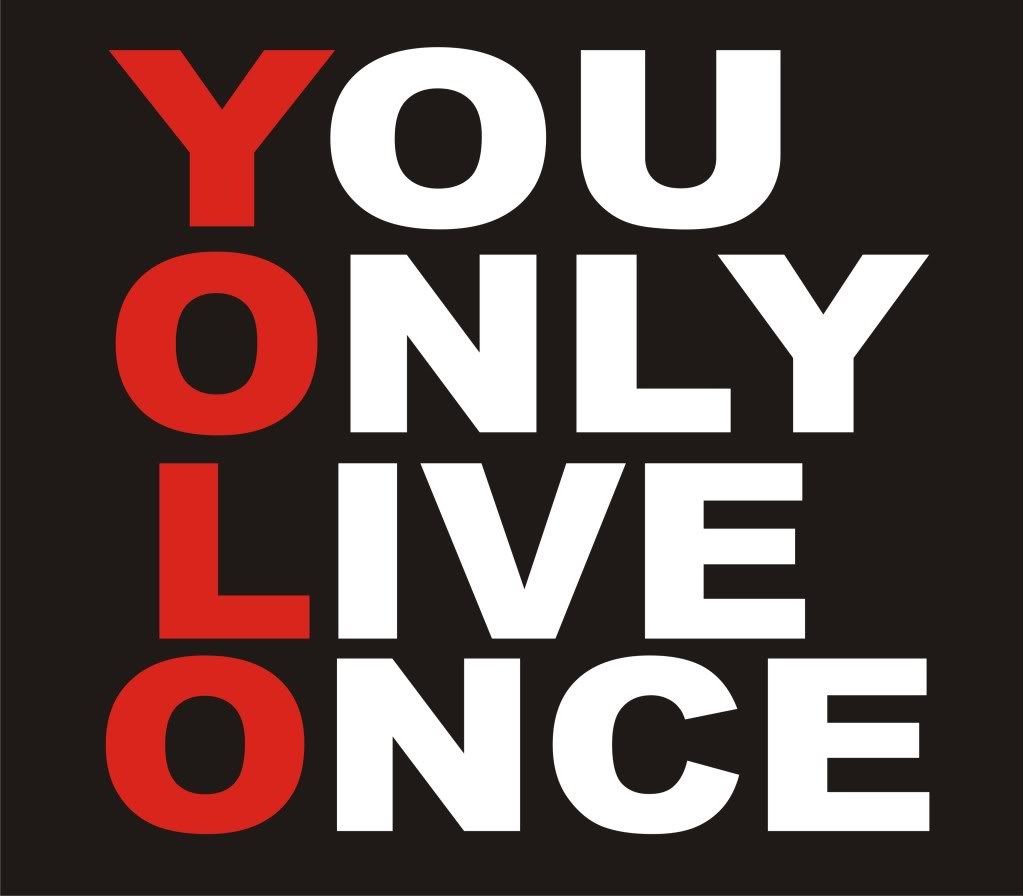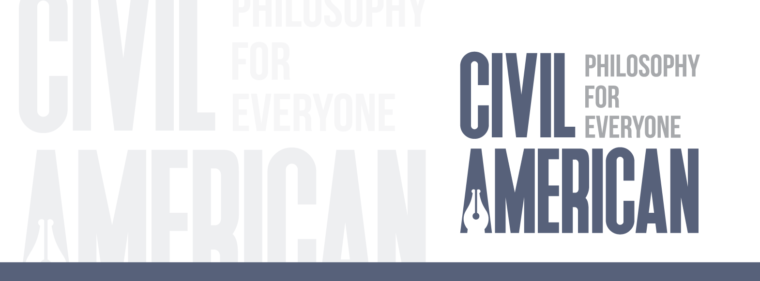| By Shane Courtland |

In what follows, I want to articulate a different way to understand this expression.This understanding is inspired, in part, by a passage in Epictetus’s The Enchiridion. In passage #25, he writes:

The basic idea, as far as I can tell, is that Epictetus is reminding us that everything in life has opportunity costs. In order to get something of value, one always forgoes something. The man who gets to go to the party paid for it by having to sell his praise. Epictetus then tells the reader, “But if you would, at the same time, not pay the one and yet receive the other, you are insatiable, and a blockhead.”
Let’s connect this with the expression — “You should live your life without regrets.” To do this, I will tell the reader two personal facts about my life. First, by some crazy fluke, I know the exact moment my youngest daughter, Alix, was conceived. I will spare you any other details (you’re welcome). Second, my father died young from cancer. The disease was misdiagnosed…and, by the time it was diagnosed, it was too late to save him. My Father died, roughly, two years before Alix was born. Both of these events have had a dramatic impact upon my life.
Now, imagine I have a time machine. If I go back in time, say five years, and inform my father of his incubating illness, that might give him many more years of life. In a sense, I would save my father. There is, however, a cost. The odds I would be able to conceive Alix would be so slim that it would render it, for all intents and purposes, impossible. I would never be able to match the right sperm with the right egg… Alix would be lost to me. Any child I would have in the new time line, would be a new child… a completely different individual. Part of the cost, then, of me living in a world with my beloved Alix, is that I do so in a world devoid of my father.

The world is a complicated chain of cause and effect. If you go back and alter that chain, you do so at your peril. The chain is so connected and complicated, there is a high likelihood that any change would lead to horrible (from my POV) unintended consequences.
Let’s say the time line was altered, and I got my father but lost Alix. It is true that this time line would only be negative (as far as I know), because I know of my loss of Alix. Had I not known of Alix, my life in that alternate world might have been quite good. In fact, I might have had a completely different child. One, I would add, that I would regret losing just as much as Alix.
Here is the point. Everything in this world is interconnected through a complex web of cause and effect. Minor alterations can have large unintended consequences. If I change any of the misfortunes in my past, there is a good possibility I would lose something of value. Perhaps, it could be a friendship. Or, a family member. I could fail to meet my wife. And/or, I might not have my children. To have the good things in this life, then, I have bought them with the misfortunes of my past.

I miss my father terribly. There is not a moment that this pain escapes me. But, I could never exchange Alix for him (nor do I think he would want me to).

Dr. Shane Courtland is Program Director of the Center for Free Enterprise at West Virginia University and is SOPHIA’s Communications Officer. He is representing only his own point of view in this essay. For more information about Dr. Courtland, visit his profile page in SOPHIA’s Directory.



